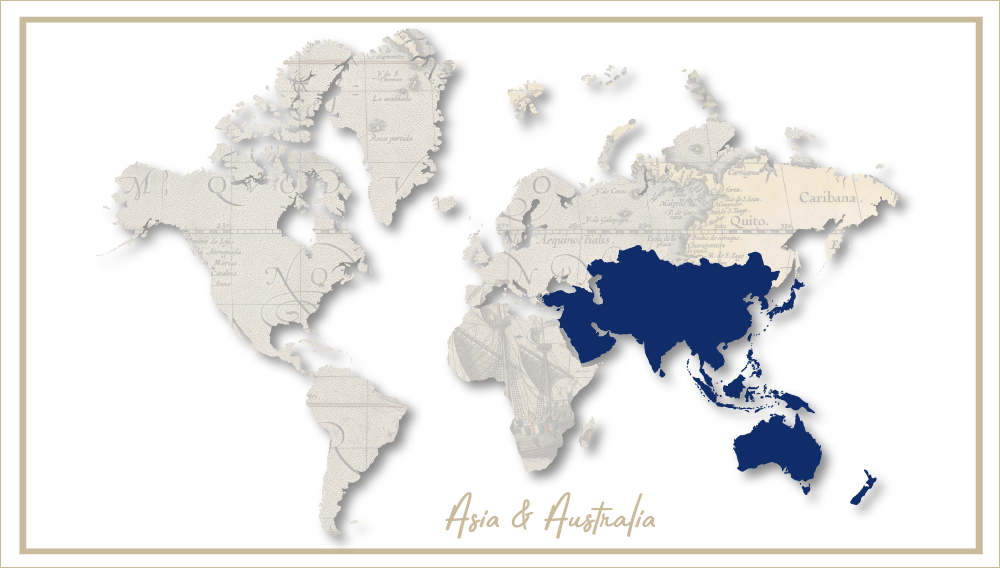Blame it on the price of beer that volumes slide
The annual excise tax ladled on a glass of beer has weakened demand, leading Coopers Brewery boss Tim Cooper to concede that beer might now be viewed by many Australian drinkers as too expensive.
What does he mean “now”? I for one have long thought that paying over AUD 4 for a 330 ml bottle of beer (craft beer, that is) in a shop was absolutely excessive.
As Dr Cooper told Australian media in March 2015, “over the last year or so I have been banging on about the fact we might have reached a point where the indexation of excise now has created an issue for us where people think that beer is relatively expensive.”
“There is no longer inelastic demand — there is elastic demand — so people will make a purchase decision based on what they perceive as value,” he said.
By comparison, Coopers’ beers are relatively inexpensive. A six-pack of Coopers Pale Ale in 375 ml bottles will only set you back AUD 15.99 (EUR 11.40 / USD 12.20), while a six-pack of Little Creatures Pale Ale (Lion), in smaller 330 ml bottles, can cost you AUD 21.90 (EUR 15.25 / USD 16.35).
Nevertheless, Coopers has felt the pain of high beer prices too. At one point, the privately-owned brewer from Adelaide, whose national beer market share is about 5 percent, swallowed one round of excise increases on packaged beer to protect sales. This measure cost it more than AUD 1 million, but became impossible to maintain.
Small wonder, beer volumes in Australia have dropped to lows not seen since World War II as higher excise costs, cautious consumers and rival beverages such as cider and wine have eaten into the beer category.
Packaged beer volumes for December 2014 were down 2.8 percent on the same time in 2013, with latest figures showing that that rate of decline had accelerated to a 3.1 percent fall for January this year.
“For the first eight months [of our financial year ending 30 June 2015] we are up 4.5 percent in sales, so we are still growing against the trend but it is certainly getting tougher,” Dr Cooper admitted.
If a larger brewer like Coopers finds the whole situation hard going, what about Australia’s craft brewers who need to charge even higher prices than Coopers’?

